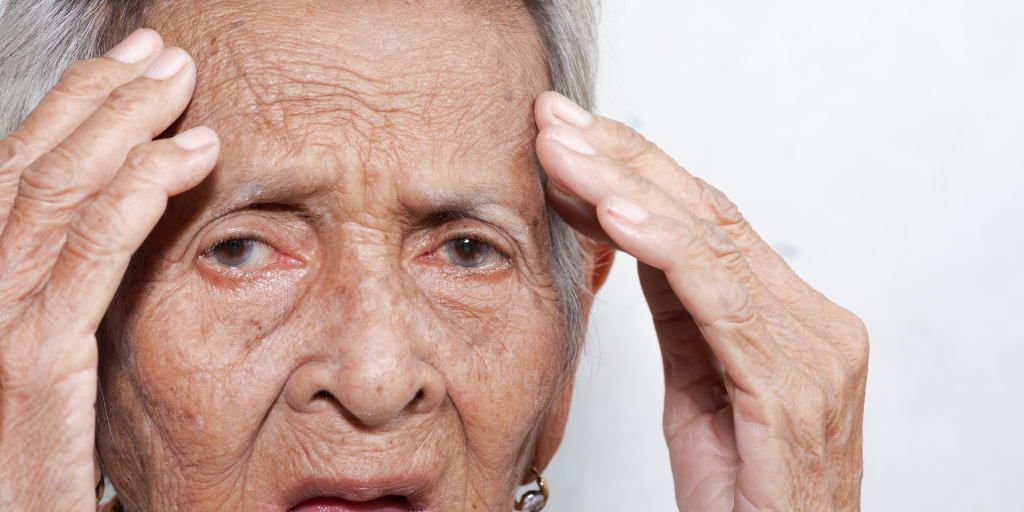Alzheimer's Disease and Dementia: Hospice Care

Alzheimer’s and other forms of Dementia is some of the worst things that can happen to your loved ones. The emotional and physical battle they are going through has a tremendous impact not only on their lives but also for the caregivers. So how to proceed when, unfortunately, one of your loved ones suffers from this disease? The answer is simple – apply for hospice care.
When To Apply For Hospice?
Dementia is a progressive disease that gradually consumes the patient. As there is no static phase for this disease, it’s vital to understand when the time to call for hospice is? Generally, the hospice eligibility rule states that only the patients who have less than 6 months are eligible for hospice care. But how can we determine when the serious stage is for the patient? Only doctors can measure the approximate life expectancy of the patient. But you can see the red flags before the doctors decide.
- Patients started to have problems with speech and can say only a few words
- Patients start failing to do ADLs and can’t often even walk or get out of bed.
- Patients can’t eat, dress or groom without the help of the caregivers
- Patients have signs of anxiety
What can hospice do for a patient with Dementia?
Dementia develops differently among patients. Day by day, the patients’ condition may change so does the hospice care plan. The main idea behind hospice is to relieve their pain and control the symptoms as much as possible so that the patients’ quality of life jumps up. No wonder that for every patient, an individualized plan should be designed to accommodate the specific needs one has. As Dementia progresses, the patients have difficulties expressing their needs and wants. Therefore the hospice team should anticipate all the potential problems and address them. The plan is personalized also based on the place the patients receive their care, whether it’s home, hospice facilities, or hospitals. The dedicated hospice team will make sure the plan is executed properly, and all the members of the teamwork in cohesion with each other for the one big goal of making the patients happy for their remaining life. Hospice also brings medical equipment and supplies to make patients’ places as convenient as possible. Dementia also has a severe downside for the emotional state of the patients. Hospice professionals provide emotional and spiritual care to the patients to protect their mental health.



